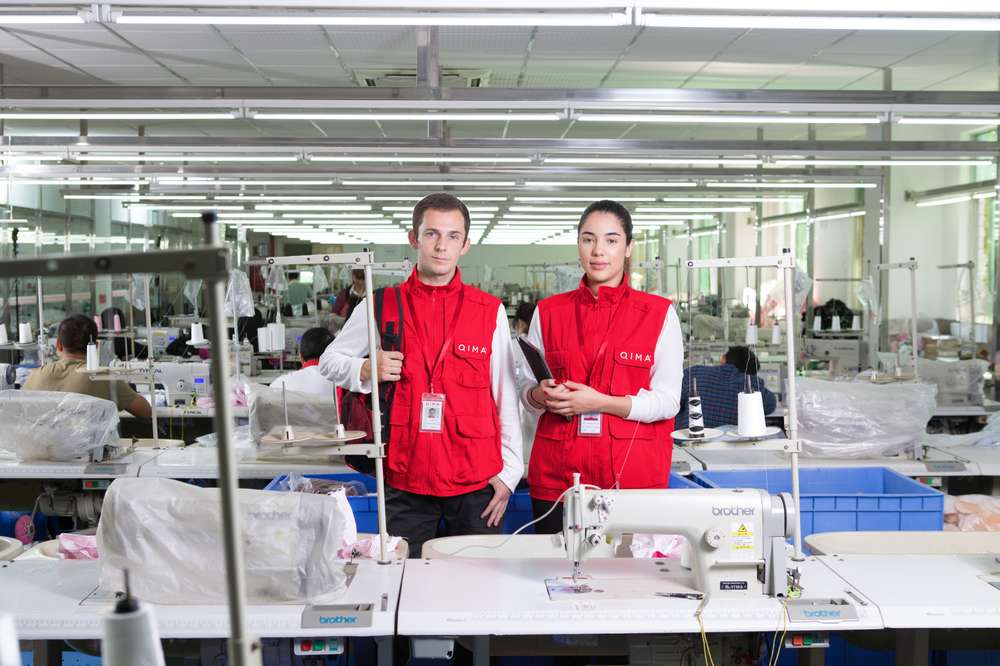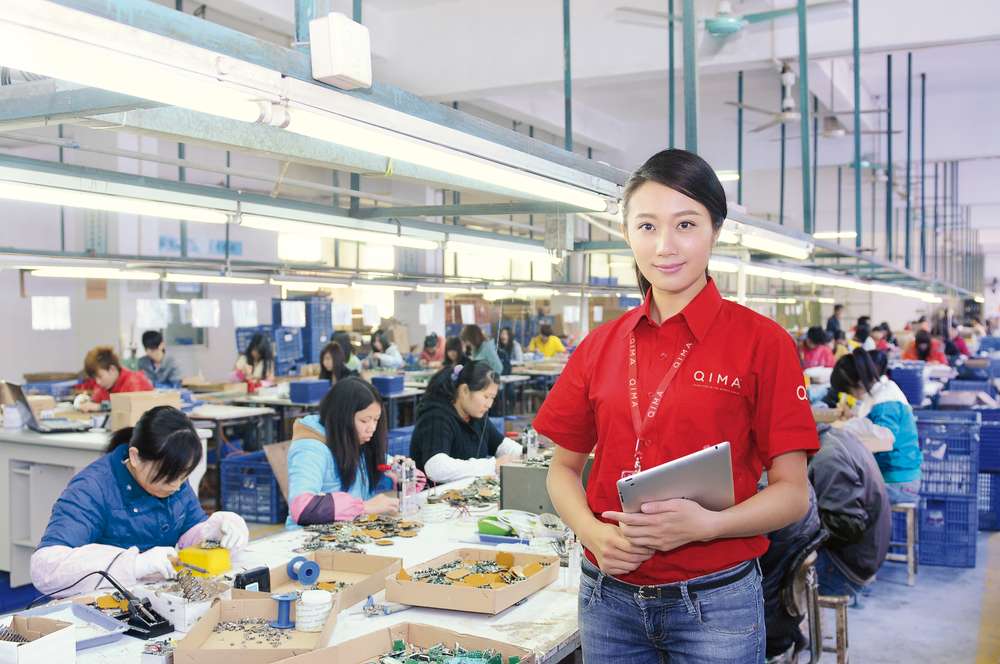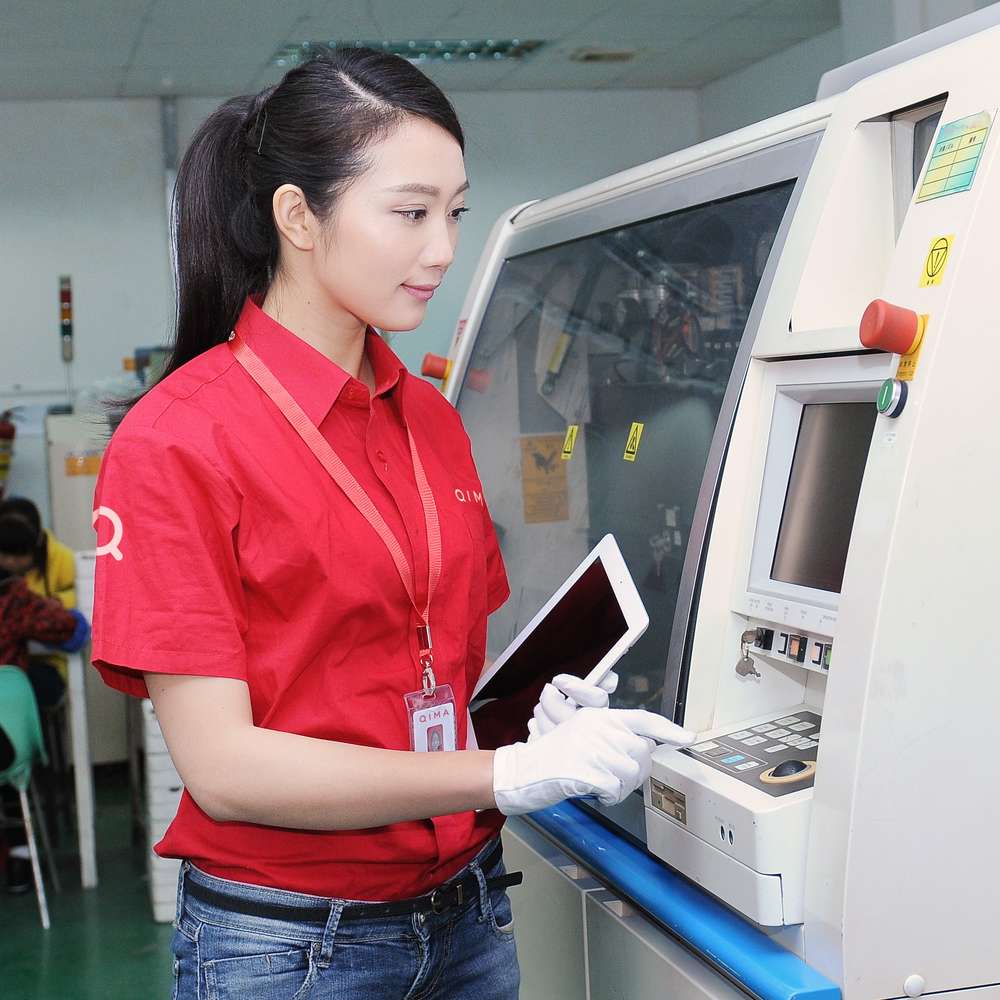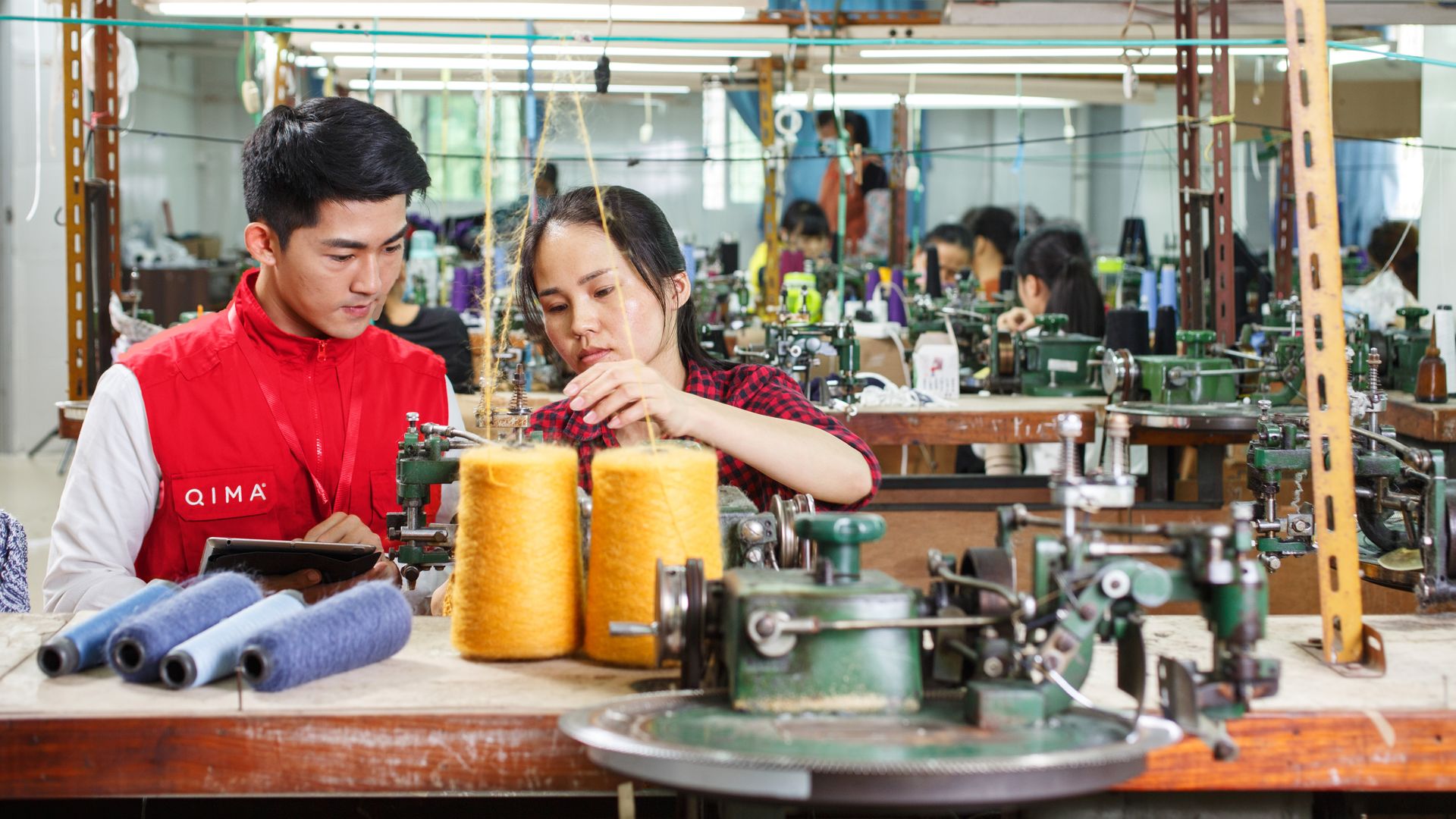Manufacturing Audits for Supplier Reliability
Ensure your potential suppliers meet your requirements before you give them your business by evaluating their facilities, capabilities, quality standards, and practices.

QIMA’s Manufacturing Audits offer a cost-effective and time-saving solution to thoroughly vet potential suppliers, ensuring they can reliably meet your production needs. With a QIMA Audit Report, you can confirm supplier capabilities, prevent costly disruptions, and maintain a smooth, uninterrupted supply chain.
Learn more about:
What Is a Manufacturing Audit?
Customizable Audit Programs
Why Perform a Manufacturing Audit?
QIMA's Manufacturing Audit Expertise
QIMA Benefits
Need more information?
By contacting QIMA you agree to our privacy policy and terms and conditions.
What Is a Manufacturing Audit?

A manufacturing audit is typically implemented to confirm whether a potential new supplier is capable of meeting production and quality requirements.
The standard manufacturing audit covers:
Factory profile
Production capacities
Factory facilities, including the condition of machinery and equipment
Workflow and organization charts
Quality assurance systems in place
At the end of the audit, the factory is provided with a corrective action plan for targeted long-term improvement. Key remediations are prioritized, with timelines and KPIs agreed upon.
QIMA's manufacturing audits follow the best practices outlined by ISO 9000 standards. Created by the International Organization for Standardization (ISO), these standards guarantee efficient quality management systems (QMS) and reliable evaluations across all audits.
Customizable Audit Programs
Our Manufacturing Audits offer a great degree of flexibility and can be customized to fit your specific requirements.
The following additional modules can be included in a QIMA supplier evaluation:
Social responsibility and compliance
Procurement conditions
R&D – sampling capacity
Hygiene, health, and safety
Environmental impact
RoHS standards
Other modules as required
Why Perform a Manufacturing Audit?
Verify that your supplier's facilities are operational and suitable for manufacturing your product
Ensure that your supplier's sourcing policies align with your own
Identify and hedge against potential quality, operational, and ethical risks
Evaluate the competence of the factory management
QIMA’s Manufacturing Audit Expertise
QIMA's Manufacturing Audits adhere to the internationally recognized ISO 9000 standards for quality management systems. Our auditors are specialists with years of experience in the field and regularly undergo training and certification programs to maintain and enhance their qualifications.
We can establish a dedicated team of specialized auditors for your custom manufacturing audit program.
Create an account and book a Manufacturing Audit

QIMA Benefits
In-depth local knowledge with auditors attuned to the culture, laws and practices of their region.
CSR experts receive regular training on regulations and best practice.
Global coverage across 100 countries in Asia, Africa, Europe, North and South America.
Continuous improvement approach drives long-term change and empowers suppliers to act.
Online program management book audits, make payments, and download detailed reports.
Custom compliance dashboard to assess supplier performance, track progress and visualize your supply network.
Ranked #1 in the industry for customer satisfaction based on independent NPS measurement.
